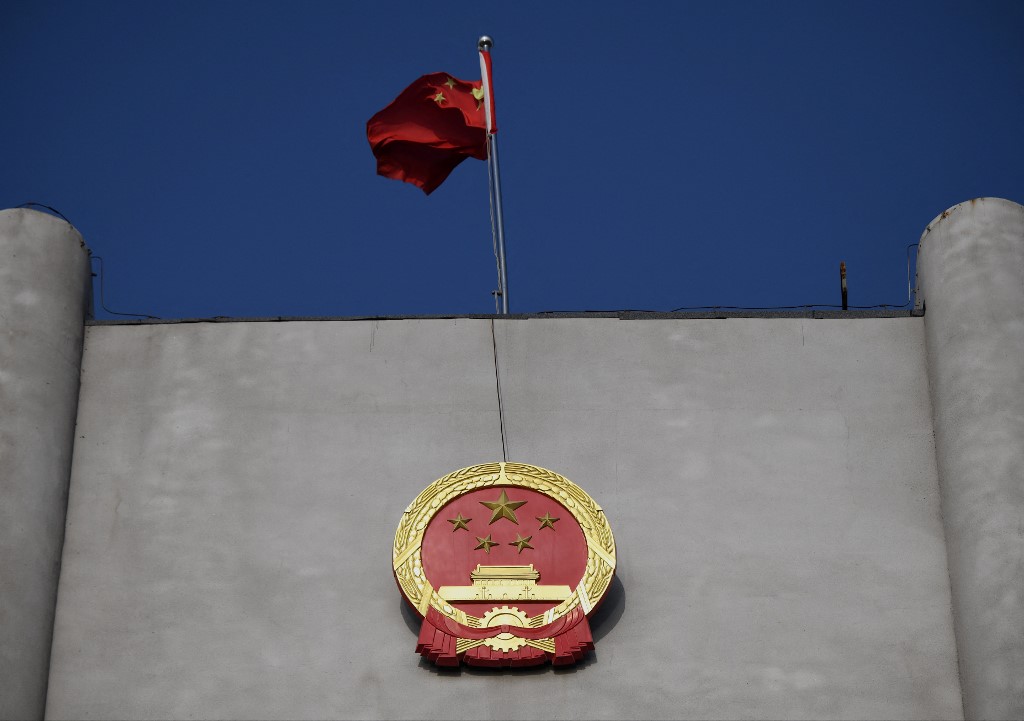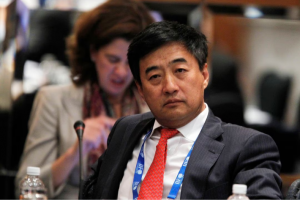(ATF) China moved this week to set up a financial court in Beijing, after about two dozen judges were appointed by the city legislature last week.
The new court is the second of its kind in China – it comes after the Shanghai Financial Court, which was set up in August 2018.
The news follows approval late last year by China’s Central Deep Reform Commission, which backed the setting up of a financial court in the capital, saying it is an important move to boost of implementation of national financial strategy, and that it will help to create a stronger financial legal environment, and promote economic development.
But China is also anxious to increase its international influence because its financial interests overseas are increasing, and it has seen a need to “improve the extraterritorial application of Chinese laws” – because many Chinese firms were targeted by US government sanctions in the last months of the Trump administration.
Beijing has complained bitterly about the “long-arm jurisdiction” of American laws and regulations that have hit Chinese companies that listed on stock exchanges in the US amid escalating bilateral tensions over the past two years.
There has been considerable debate on whether the country needs to overhaul domestic laws that relate to banking and data security, export controls and cybersecurity in a bid to better respond to US recent actions.
The Supreme People’s Court published a document on its website on Tuesday March 16 to clarify the jurisdiction of the Beijing Financial Court.
The court has yet to publish the full text of regulations outlining the new financial court’s jurisdiction. But its statement said that Article 2 stipulates that the new court will have a “centralised jurisdiction” over securities and futures disputes involving overseas-listed Chinese or foreign companies.
It will also hear cases involving alleged legal violations by “overseas providers of other financial products or services”.
‘Extraterritorial application’ of China’s laws
“The extraterritorial application of China’s financial laws will play a bigger role in further opening up the domestic market,” the court said.
The Beijing Higher People’s Court said on Wednesday, the 17th, the new court’s handling of first- and second-instance, retrial and enforcement cases would be determined with other courts within 18 days.
Reform officials have emphasized that Beijing is a national financial management centre. Under the current leadership, China has been working towards centralising its government work, something similar to Stalin’s Gosplan in Russia decades ago with high tech.
In addition to six types of financial, civil and commercial cases, the Beijing Financial Court will also rule on administrative litigation and non-litigation administrative enforcement cases involving “one bank, two conferences, and one bureau”, as well as centralised jurisdiction over cases involving overseas companies that damage the legitimate rights and interests of domestic investors, and securities disputes related to companies listed on the New Third Board.
The guidelines related to the court were published online and include basic-level people’s courts’ financial, civil and commercial cases, plus cases involving objections that arise from financial cases, first-instance judgments and rulings involving financial administrative cases, as well as times for when parties must submit appeals shall be included at the Beijing Financial Court.
























